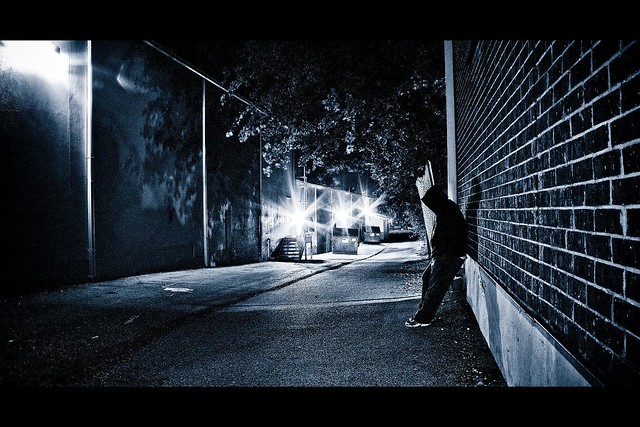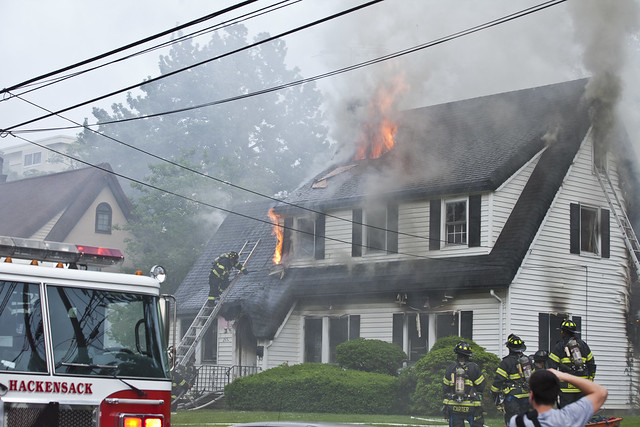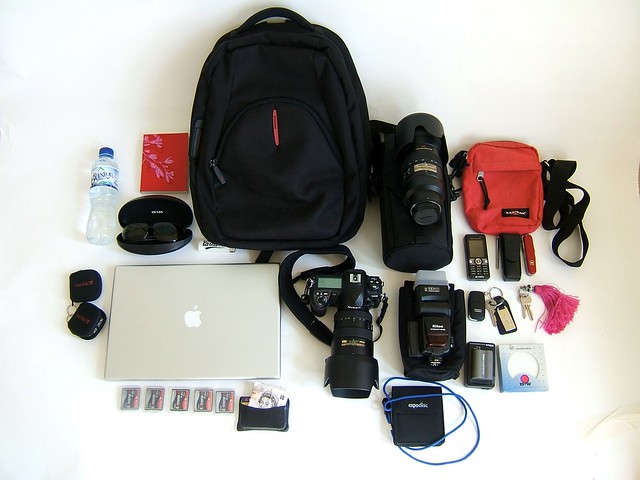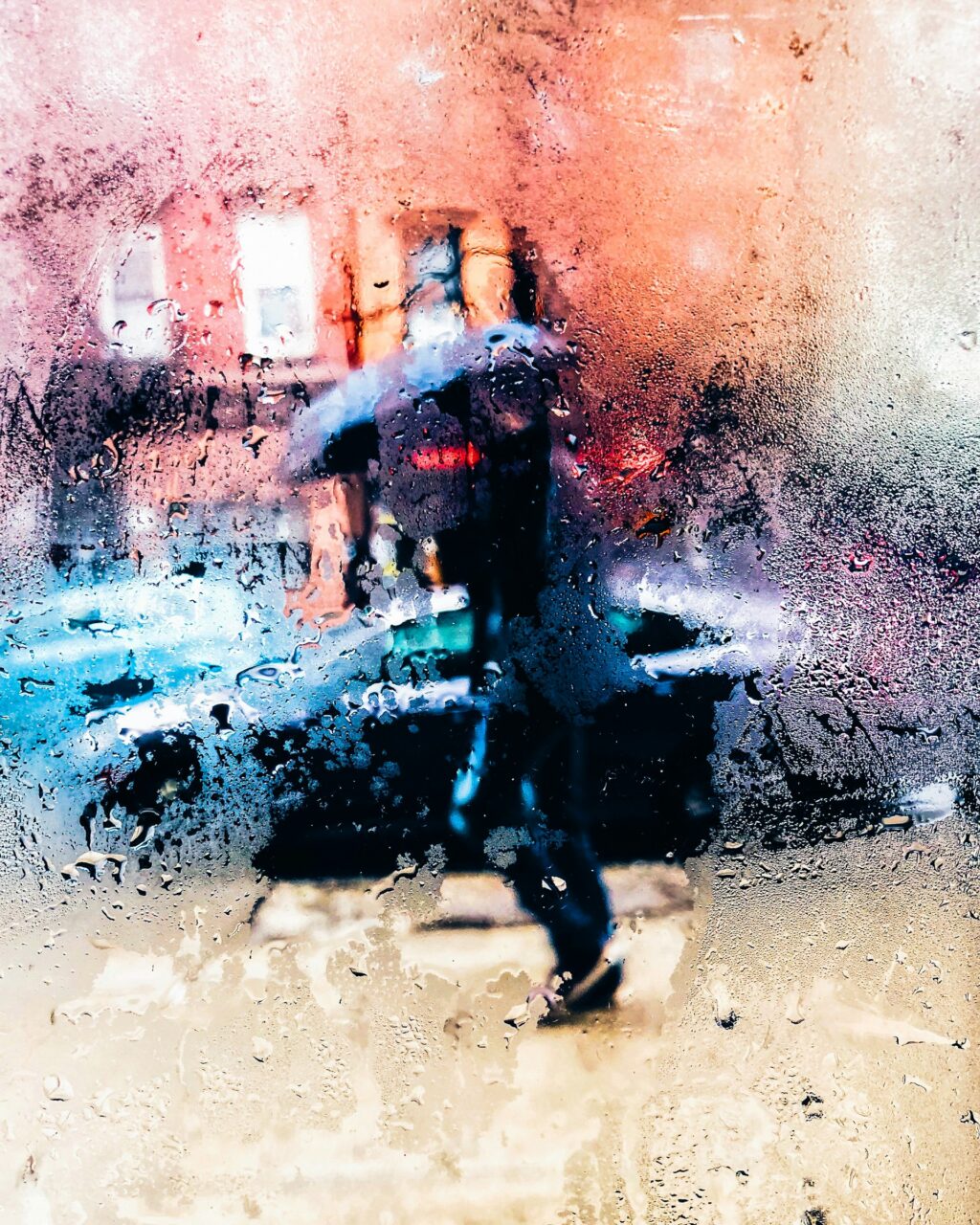If you were to walk down a busy city street carry $4000 in your wallet, you would be forgiven for feeling a little nervous. Yet many of us are quite happy to walk down that same street carrying $4000 worth of high tech equipment in a bag that shouts photographer. What would happen if that bag was stolen? Could you afford to replace? Worse still, if you make money from your cameras, you may be jeopardising your livelihood. Today we are going to take a brief look at some of the advantages and disadvantages of camera insurance.
Risk Assessment
Deciding whether to take out dedicated insurance on your camera is a matter of evaluating the risks that you and your equipment are under. If you live in a high crime area or routinely shoot in locations that are even at a moderate risk to crime then it is worth considering. If you live in a low crime area, spend time shooting landscapes in remote areas then it may not be a priority.
The value of the equipment and your financial ability to replace it are also consideration. If you are shooting with very expensive cameras and lenses in any location, then insurance should be an important consideration. If you are a professional, having insurance is not even a question.

Insurance would a good idea if you lived in this neighbourhood, by Abe Novy
What are the Risks?
Of course the obvious risk is theft, but beyond that there are many other things that can happen. Fire and flood at home, or on another property are significant risks. Storm related damage, water damage even simply dropping the camera can all happen. If you travel a lot, damage can and does happen in airports from mishandling by baggage handlers to bags dropping from overhead lockers. You can also get specific insurance for traveling with your camera or it maybe included with a dedicated camera insurance policy. Either way it will probably be time limited, usually to around 30 days outside the country. Another consideration is your computer equipment. Whilst insurance companies will not put a value on images (make sure you have a robust backup system), they will insure laptops hard drive and other vital computer items vital for the digital photographer.

Insurance is not just about your camera getting stolen, by Anthony Quintano
What Type of Insurance?
For many people, normal household insurance maybe sufficient. Check your policy very carefully or speak to your broker as to what is actually covered. You may find that there is a sizeable excess to pay, or that your camera equipment is not insured abroad or even outside of the house. You will need to name all your photographic items, so when you buy that new lens, make sure to add it to your policy. Some general purpose insurance companies now have special policies to cover gadgets, understandable given the amount and value of of the electronic items that we carry on a day to day basis. For the casual photographer with lower priced equipment this might be the route to take.
If you are a non professional but with high value equipment, you might take a look at dedicated photographic insurance. These are provided by specialist brokers that deal with the specific risks of camera equipment. A Google search will reveal a multitude of these brokers but as with all purchases do your research before committing. Make sure that you get a comprehensive policy that covers not only theft but accidental damage, travelling and all the sundry items that you need to carry.

Make sure all your kit is covered, such as laptops, by THOR
For insurance purposes a professional is generally regarded to be someone who makes more than 50% of their income through photography. This means that if you are a successful stock photographer but not doing it full time, you may find your claim is rejected if the insurance company believes you are working for reward.
If in doubt you should be looking for professional camera insurance. Alongside covering you for the normal risks, you will also get some level of liability insurance. Even if you are not a full time professional but routinely use equipment that people could trip over such as tripods and lighting stands, this may be a consideration. Again its a matter of weighing the risks, some countries are more litigious than others.
Photographic insurance is a dull but important subject. You need to weigh all the possible risks and think outside the box as to other possible issues. I have traveled the world and fortunately never had anything stolen, despite a couple of attempts. Yet in a location that I knew well, I had an expensive Nikon F4 stolen by someone I knew quite well. And that, perhaps sums up camera insurance, expect the unexpected.





6 Comments
Absolutely LOVE my camera insurance.
Not being a pro, it was easy to add a rider on my homeowners policy for the camera gear.
The cost is minimal, like less than $20 a month I think. And the peace of mind is totally worth it!
I never think about theft, unless maybe I might leave it unattended or stay in a bad hotel. My concern is more drop and break. Having that covered is well worth it even if I go a few months without taking out the gear.
Good article. No kne ever talks about this topic. And it is as easy as asking your agent.
The cost for me as a rider to my homeowner’s insurance was astronomical for the equipment I have. I also know that I would not place a claim against my homeowner’s insurance because of the cost going up if I ever did. I am a member of the professional association, so was able to take advantage of their program which provides liability coverage, also (which I needed since I do some work for hire). It’s not cheap, but ended up being a lower cost alternative for the insurance and I enjoy other benefits of membership as well.
I live in France and contacted a few insurance companies. The international ones either did not want to insure my material or did not take people from France.
The French ones would have charged such horrendously high premiums that it didn’t seem worth the cost. I think it depends on your situation, for me it’s no insurance, at least for as long as my photo material is not more expensive than my car (which might actually soon be the case…).
All,
For those of you that have just a ‘ryder’ on your home owners – please PLEASE read it fully. In my experience (and I have a lot being full-time freelance for 14 years), most of those ryders do NOT cover pro equipment used professionally off-site (basically anywhere other than the insured policy address). Your insurance agent may not even know this – many don’t.
Make 100% sure that ryder does state that it will cover your gear used wherever you go, not just the insured address. Also, you should add liability to your policy – it’s very cheap, and will cover you if someone trips on a lightstand or ladder and sues you.
In the USA Allstate just covered a repair on my dropped DSLR. Zero hassles. I had a rider on homeowners policy for 120/yr USD . sent gear to Canon then sent receipts to insurer. Money wired to me in 2 days.
Great read! I don’t know if its helpful to anyone but I got my insurance through http://www.FilmEmporium.com. I was very happy with the customer service. Price wasn’t bad either.